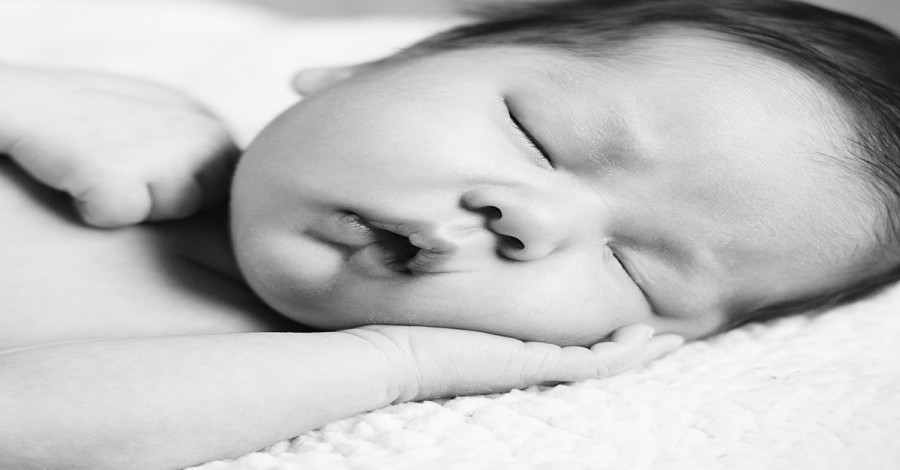A study by the University of Queensland has found, that over two-thirds of early childhood services do not comply with all safe sleeping guidelines for babies below 12 months of age.
Key areas of observation between current guidelines and practice included not placing babies on their backs to sleep, using loose bedding, quilts and soft toys.
The study found that 86% of Early Childhood Services provided children with sleep, rest and relation once during the middle of the day and a small number of services provided responsive sleep practices including enabling children to sleep at varying times responsive to individual need, and giving children voice in decisions about sleep, rest and relaxation activities.
Provision of a standard sleep time was very common amongst toddler (100 per cent) and preschool (91 per cent) age groups, and over two-thirds of preschool (3-5 year) aged programs had mandatory sleep-rest times there alternative activities, such as reading books or playing, were not permitted. These mandatory sleep-rest periods lasted for one hour on average but ranged from between 15 minutes to more than two hours. Only a third of preschool-aged children slept during sleep-rest times.
The study found that mandatory sleep-rest times impacted negatively on the quality of interactions observed between educators and children, and were reported by parents as being associated with reduced and disrupted nighttime sleep.
The University of Queensland said that supporting healthy sleep development in early childhood is vital for ensuring that children can flourish and meet their individual potential. “As with other areas of child development, such as walking or talking, there is considerable individual variation in children’s sleep needs across the early childhood period", said the institution.
The findings of this study will support professional development resources within the Early Childhood industry including face to face workshops and online resources on safe sleep practices in childcare.
Queensland Departement of Education had commissioned this study and observed over 180 Early Childhood services in QLD. Approximately 3,000 Queensland children, aged from birth to five years, have been included in the studies, which included perspectives from more than 900 parents, 300 educators and 60 children.
The following is a policy brief on the university research on best practice for children's individual sleep:
Achieving Responsive Sleep, Rest and Relaxation Practices in ECEC
For study results can be read here:
Reference:
Clark, Lyndsie "Majority of QLD ECEC Services Not Following Baby Safe Sleep Guidelines: UQ", The Sector - Early Education News, Views and Reviews, 17 October 2018



 On 10 December 2025, the Fair Work Commission issued a major determination affecting the Children’s Services Award 2010 (MA000120). These changes form part of the
On 10 December 2025, the Fair Work Commission issued a major determination affecting the Children’s Services Award 2010 (MA000120). These changes form part of the Over the next five years, educators across the sector will see steady, structured wage increases designed to lift pay to the new benchmark rates for
Over the next five years, educators across the sector will see steady, structured wage increases designed to lift pay to the new benchmark rates for The Fair Work Commission has introduced important changes to how cooks are classified and paid under the Children’s Services Award 2010. These changes recognise that
The Fair Work Commission has introduced important changes to how cooks are classified and paid under the Children’s Services Award 2010. These changes recognise that At the centre of this case is an incident captured on CCTV at an early learning service in Bathurst, where 18‑year‑old educator Hayley Kelleher grabbed
At the centre of this case is an incident captured on CCTV at an early learning service in Bathurst, where 18‑year‑old educator Hayley Kelleher grabbed